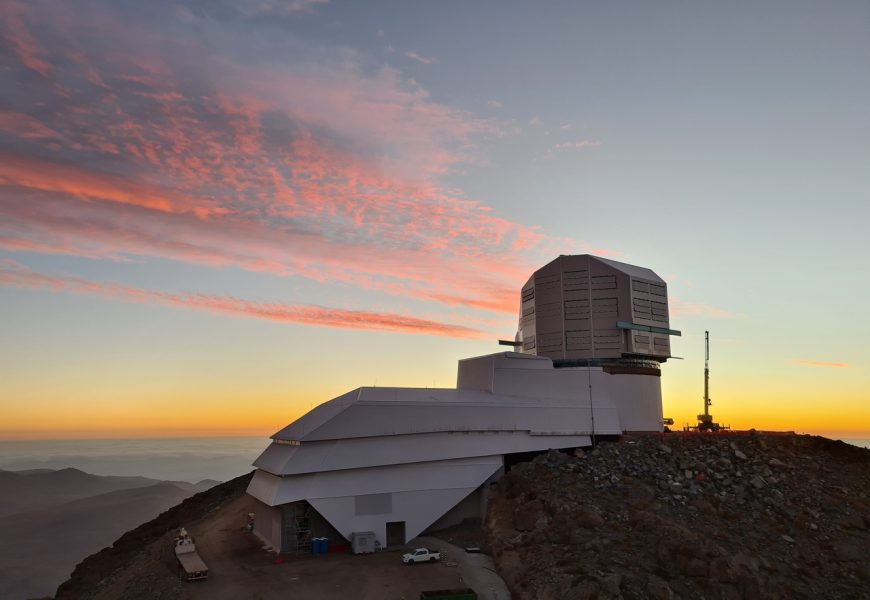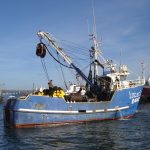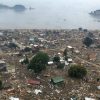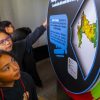A supernova? An asteroid? A UFO? Identifying what happens in the universe is part of the work the ALeRCE research group is doing. ALeRCE has been chosen as the only Chilean representative to work, as a broker, in the official classification and early warning systems of the data that the new Vera C. Rubin Observatory in the Coquimbo Region, records.
By Comunicaciones FI / comunicacionfi@udec.cl / Images: grupo ALeRCE
The ALeRCE project is an initiative financed by the Millennium Institute of Astrophysics – MAS -, the Mathematical Modeling Center – CMM – of the University of Chile, and since 2020, the Data
Observatory. This interdisciplinary group was chosen to process information from the telescopes. It includes Guillermo Cabrera, Ph.D. in IT Sciences, Professor in the Faculty of Engineering’s Department of Computer Science and Industrial Engineering, who was also one of its founders. “Having been chosen from 15 proposals, and being in the top 7 (all the others were foreign) is an international medal for Chile”, the researcher explains, as it acknowledges the quality and reliability of domestic engineering.
What is a broker?
This means processing the information telescopes send to identify objects in the universe using Artificial Intelligence, Machine Learning, and Data Science, among others. This looks to support
astronomy research using engineering systems, which not only allow having information about what is happening outside our planet in real-time but also storing this information, facilitating the
analysis of these events over time.
How do they work?
Currently, telescopes observe the sky and detect objects or activities that change, and when this happens, alerts are generated. These alerts reach ALeRCE, where internal processing is done to classify each one using large databases. Comparisons are made and it is determined whether this is something new (unregistered), or an asteroid, supernova, etc.
How is the information accessed?
New lines of research are one of the results of the work ALeRCE is doing in the astronomy world, as this has led to developing tools that solve new problems, naturally generating new opportunities for knowledge. “Many of these new tools have an impact on society. For example, I have to coordinate the automatic learning group, machine learning, and a lot of the research that
is being done in ALeRCE has been applied to the industry. Researchers, who graduate from here and start to work in production areas, have been the true agents of change because they have been capable of having this entire vision, all this knowledge of super-advanced techniques that
later can be naturally applied in other areas”, Cabrera, who also leads the UdeC Data Science Unit, explains. This unit is currently working on technology transfer in the forestry or agricultural areas with professionals who spent time at ALeRCE.
For more information: http://alerce.science/
Last modified: 29 de agosto de 2025






